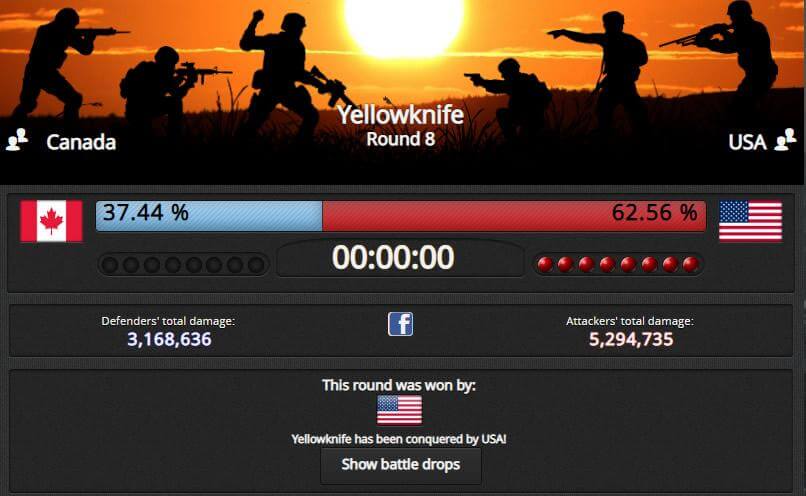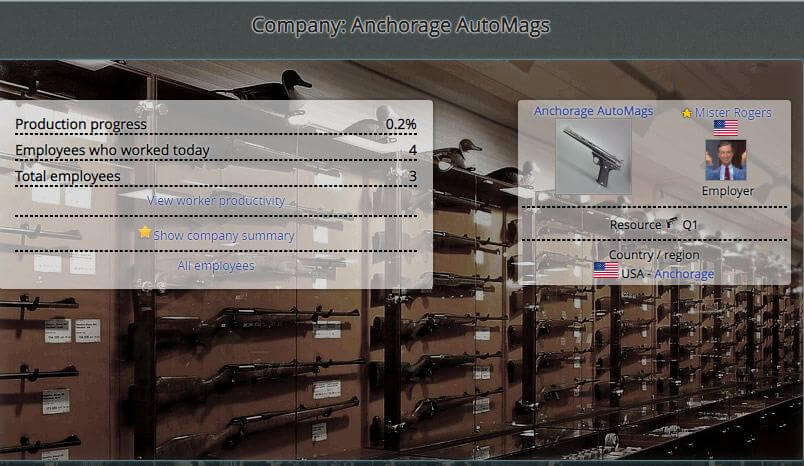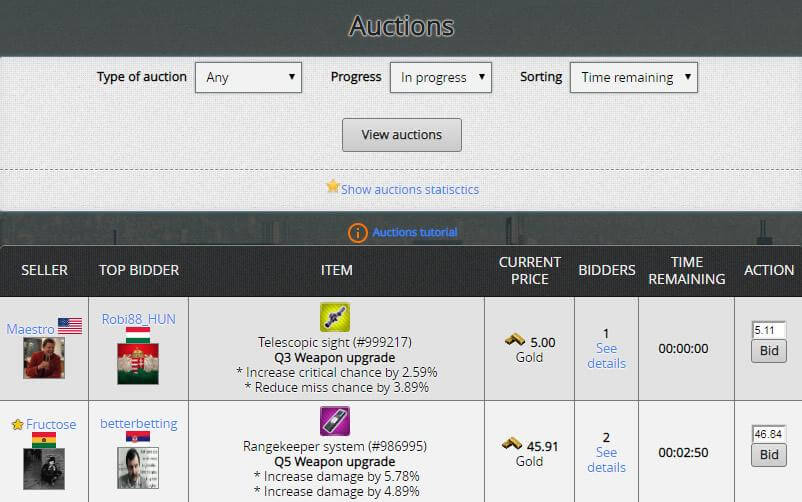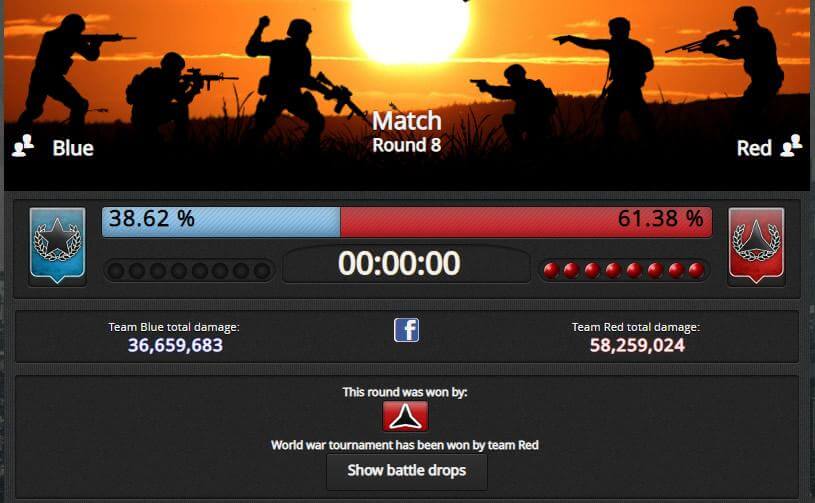Article
Osaka, 23, said that she experienced “huge waves of anxiety” before addressing the tennis press, adding in a candid Instagram post: “The truth is I have suffered long bouts of depression since the U.S. Open in 2018 and I have had a really hard time coping with that.” Among the high-profile names who supported Osaka, she revealed in a recent Time cover story, were Meghan Markle, who said she suffered from suicidal ideation before stepping down as a senior member of the British royal family, and Michael Phelps, who has been outspoken about his mental-health struggles, including suicidal thoughts at the peak of his swimming career. “Athletes are humans,” Osaka wrote.
Premiering on Friday, Naomi Osaka, Netflix’s new limited series from Garrett Bradley (produced by a team including LeBron James), considers the context and lead-up to Osaka’s revelations. (The current world number two also withdrew from Wimbledon but will play for Japan at the Tokyo Olympics.) “I feel like you have to be really mentally strong to play tennis,” Osaka says in the first episode. An endless flow of balls is being bounced in front of her by a trainer, and she is thwacking them over and over and over again. “Tennis is a solo sport. You’re kind of by yourself.”
Osaka was alone on the court—with more than 20,000 spectators watching—when she beat her childhood idol, Serena Williams, in that controversial U.S. Open final in 2018. The victory was Osaka’s breakthrough moment but also the match that triggered her depression. “Before I won the U.S. Open, I was flying under the radar, so people wouldn’t really care if I won or lost,” she says. Suddenly, she was one of the biggest names in the game, with all the added pressure of boundary breaking: Osaka, the daughter of a Japanese mother and a Haitian father, became the first Asian tennis player to be ranked number one worldwide. “The amount of attention I get is kind of ridiculous,” Osaka says. “No one prepares you for that.” Nor for how alienating it can be. “Sometimes I feel lonely,” she admits—such a humble, human sentiment for a young phenom. She struggles to sleep in her sleek, modern new home in Beverly Hills, shaken by every bump in the night.
By the 2019 U.S. Open, Osaka was no longer an underdog but a title defender, with Colin Kaepernick and mentor Kobe Bryant cheering from her box. “A player has to prove themselves again and again and again,” says Osaka’s father, Leonard Francois, who urged her into tennis at age three. The cameras roll as Osaka circles the globe on the Grand Slam circuit, but she is unable to replicate her initial burst of success. The series shows how, long before this year, the rigors of pro tennis began taking a toll on her mental health. “I feel like I need to mentally take a break and chill out,” Osaka remarks after losing the 2019 U.S. Open title to Belinda Bencic. “For so long I’ve tied winning to my worth as a person,” she reflects. “What am I if I’m not a good tennis player?”
Osaka continues to struggle with a lack of sleep. “When I get into tournaments, like really big tournaments, my sleep is all messed up and I start having dreams that I win the tournament or then I don’t have dreams at all and I just sweat,” she says. After falling short at the 2019 Australian Open, Osaka films herself walking alone through the dark streets of Melbourne. “It’s either walk or don’t sleep and lose my mind,” she explains, conceding, “It’s a bit scary.”
In February 2020, Osaka mourned Bryant’s death, just as she was struggling to win another Grand Slam. “I’m feeling like I let him down. I’m supposed to carry on his mentality in tennis, and here I am...losing matches because I’m mentally weak,” she cries. She’d been considering texting him for guidance but didn’t because “I didn’t want to feel like a loser, and now I’ll never have the chance to talk to him again.” She beats herself up at a 22nd birthday dinner with her family, asking her mom, Tamaki Osaka, if she should have accomplished more by now. It feels unconscionable to this 39-year-old writer, but anyone who has struggled with self-doubt knows that the feeling is hardly rational.
Osaka’s relationship to tennis is as complex as she is. How much she truly wants it—titles, champion status— seems to vacillate as the three-part series goes on. When she was a child, “so many people told my dad that I would never be anything,” Osaka says. “I just started writing a list of all the historic things that I could possibly do.” Being the first Japanese person to win a Grand Slam was number one. “I want to be the best tennis player in the world,” she proclaims at the beginning of the series. But she also describes an ambition borne out of necessity. Growing up and watching her mother work overtime, “all I was thinking was, I want my mom to be happy. I want her to stop working.... That was my whole point of playing tennis, honestly. Either become a champion or probably be broke.” On the other side of that dream, after her family lovingly toasts her at her 22nd birthday, she considers that “tennis is not necessary for anything. I love doing it, but there’s more important things in the world.” She adds, “I think about what would happen if the world stopped. What would happen if tennis stopped?”
And what did happen when COVID-19 forced her to take a break? Osaka found her voice, flying to Black Lives Matter protests in Minneapolis after George Floyd’s death and hatching a plan to wear seven black masks—each bearing the name of a different Black American who died at the hands of police—to the 2020 U.S. Open. “I feel like I always had this pressure to maintain this squeaky image and not get into any controversy,” she says, but recently she’d become more concerned with “representing the half-Black, half-Japanese kids well.” Osaka is a self-described introvert who is often characterized by others as shy. But in the series, she seems contemplative—the type of person who chooses her words carefully. And they land with maximum impact. “It’s quite sad that seven masks isn’t enough,” she tells announcers at the Open. “Hopefully I’ll get to the finals, and you can see all of them.”
Osaka did get to the finals, where she triumphed. The fact that she did it on her own terms made it feel all the sweeter. “I used to call myself a counterpuncher,” Osaka says, “someone who can take your blows” and wait for an opportunity to react. But the cameras roll on her evolution to an “aggressive baseliner,” a player who “dictates how the game goes,” both on and off the court. Osaka emerged as a star at the 2018 U.S. Open, crying after she edged out her childhood hero. By the fourth round of the 2019 U.S. Open, however, she was extending 15-year-old Coco Gauff the grace of a seasoned champion, famously inviting a tearful Gauff to take part in her postgame winner’s interview. “I’m gonna cry the whole interview,” Gauff tells Osaka off-court. “I think it’s better than going into the shower and crying,” Osaka tells her. “Let people know how you feel.”
Previous article:
[VOGUE] Serena Williams on Championing Young Woman in Sports, and the Importance of Balance (4 years ago)
Next article:
[VOGUE] Bryan Ruby Becomes Only Active Pro Baseball Player to Be Out as Gay (4 years ago)
About the game:

USA as a world power? In E-Sim it is possible!
In E-Sim we have a huge, living world, which is a mirror copy of the Earth. Well, maybe not completely mirrored, because the balance of power in this virtual world looks a bit different than in real life. In E-Sim, USA does not have to be a world superpower, It can be efficiently managed as a much smaller country that has entrepreneurial citizens that support it's foundation. Everything depends on the players themselves and how they decide to shape the political map of the game.
Work for the good of your country and see it rise to an empire.
Activities in this game are divided into several modules. First is the economy as a citizen in a country of your choice you must work to earn money, which you will get to spend for example, on food or purchase of weapons which are critical for your progress as a fighter. You will work in either private companies which are owned by players or government companies which are owned by the state. After progressing in the game you will finally get the opportunity to set up your own business and hire other players. If it prospers, we can even change it into a joint-stock company and enter the stock market and get even more money in this way.

In E-Sim, international wars are nothing out of the ordinary.
Become an influential politician.
The second module is a politics. Just like in real life politics in E-Sim are an extremely powerful tool that can be used for your own purposes. From time to time there are elections in the game in which you will not only vote, but also have the ability to run for the head of the party you're in. You can also apply for congress, where once elected you will be given the right to vote on laws proposed by your fellow congress members or your president and propose laws yourself. Voting on laws is important for your country as it can shape the lives of those around you. You can also try to become the head of a given party, and even take part in presidential elections and decide on the shape of the foreign policy of a given state (for example, who to declare war on). Career in politics is obviously not easy and in order to succeed in it, you have to have a good plan and compete for the votes of voters.

You can go bankrupt or become a rich man while playing the stock market.
The international war.
The last and probably the most important module is military. In E-Sim, countries are constantly fighting each other for control over territories which in return grant them access to more valuable raw materials. For this purpose, they form alliances, they fight international wars, but they also have to deal with, for example, uprisings in conquered countries or civil wars, which may explode on their territory. You can also take part in these clashes, although you are also given the opportunity to lead a life as a pacifist who focuses on other activities in the game (for example, running a successful newspaper or selling products).

At the auction you can sell or buy your dream inventory.
E-Sim is a unique browser game. It's creators ensured realistic representation of the mechanisms present in the real world and gave all power to the players who shape the image of the virtual Earth according to their own. So come and join them and help your country achieve its full potential.

Invest, produce and sell - be an entrepreneur in E-Sim.

Take part in numerous events for the E-Sim community.
